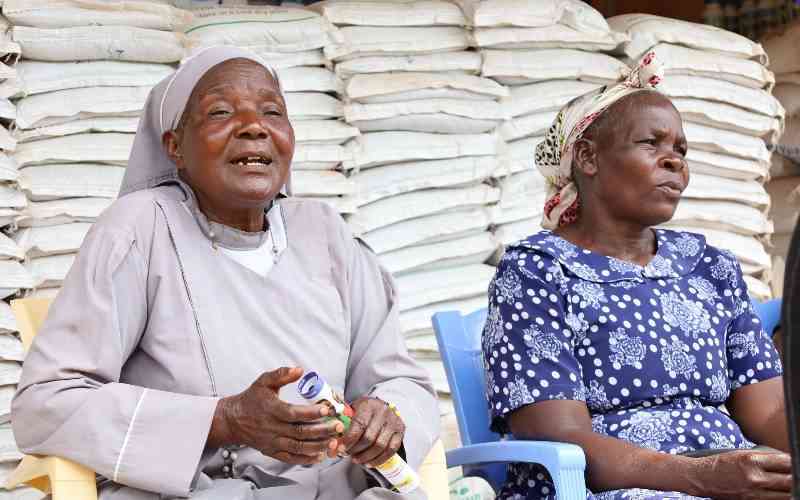×
The Standard e-Paper
Fearless, Trusted News

Embedding insurance into loans has the potential to boost financial resiliency among communities across the country.
A report by a pan-African Insurtech in partnership with One Acre Fund indicates that such insurance-backed loans also play a key role in the improvement of healthcare access for the unbanked population while simultaneously de-risking lending portfolios.